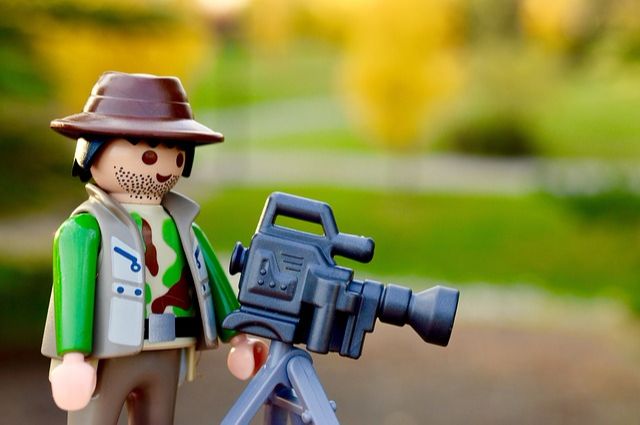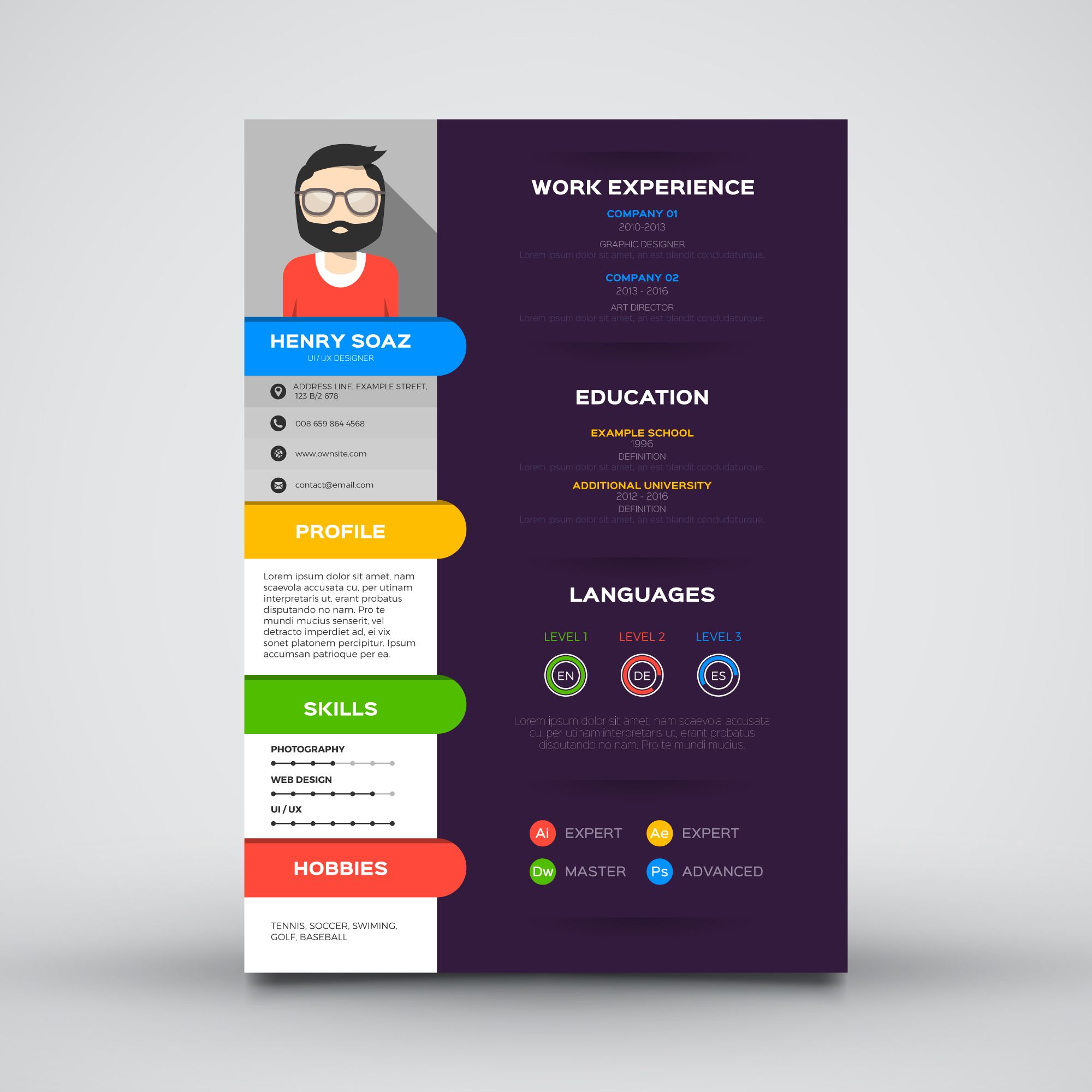How To Bring Out Skills and Strengths In A Resume
- Aishwarya Singh
- February 09, 2018
- 0 Comments
- 0 Likes
- 2546 Views

This article is the fourth post under the series HOW TO BUILD YOUR RESUME
A Resume can be defined as a professional biography. It portrays your skills and lifetime achievements to the interviewer.
When employers are reviewing your resume, they are looking for more than just your past experience. They want to find out everything you bring to the table in the form of skills and strengths. So make sure this is adequately represented in your resume.
You may think, “Doesn’t mention strengths on the resume appear boastful?” The answer is: No, not if you convey your strengths in the right way - by being specific, providing examples, appearing authentic and weaving them carefully into your resume.
You need to insert skills/strengths where they would be most appropriate in your resume. They could be presented in a bulleted list or as part of your “Summary of Qualifications,” which should be at the top of your resume. However, for every strength or skill that you mention, make sure that you have an example or anecdote to back it in the interview. Take a look at how I presented skills in my resume:
Another way to bring out your skills is to include each of your previous work experiences, internships, workshops and mini projects. Strengths can also be among the responsibilities, achievements and acquired skills you list with each job in your “Experience” section. Here’s how I did it in my resume. By mentioning what I worked on, the recruiter will be able to gauge my skills.
Strengths can also be conveyed in your resume without spelling them out. For example, if you present a resume that is very neat and well-organized, hiring managers will view orderliness as one of your strengths. If you provide crisp and clear descriptions of your job responsibilities, skills, and achievements, then written communication will be seen as one of your strengths.
Now, let me share my story. When I went for the interview, questions were asked on both, my technical as well as non-technical skills. Since my interest was Software Engineering I explained all my projects with proper data and details. This portrayed that my technical background knowledge is good.
After that, they came to the non-technical part (where you present thoughts and opinions about yourself or your achievements). This is also an important segment where you are being evaluated. Here, I mentioned qualities other than my studies to bring out my strengths. For example, the management work I had done in college, what other activities I like to perform.
There is no right or wrong strength/skill to have on your resume. Your aim should simply be that the resume reflects all that you have to offer.
Aishwarya Singh
An Engineering student trying to discover & learn! Finding words that lead to an interesting story!
-
![]()
How YouTube Paid For My Pocket Money
January 25, 2018
-
![]()
How I Pursued My Passion For Film-Making
January 26, 2018
-
![]()
15 Tips For a Great Engineering Resume
February 02, 2018



 ALL COURSES
ALL COURSES  COMMUNITY
COMMUNITY  LIVE CHATS
LIVE CHATS  EXPERTS
EXPERTS  MY CERTIFICATES
MY CERTIFICATES  ABOUT
ABOUT  SUPPORT
SUPPORT
Comments (0)
*Some Comments would not be shown if marked as Spam